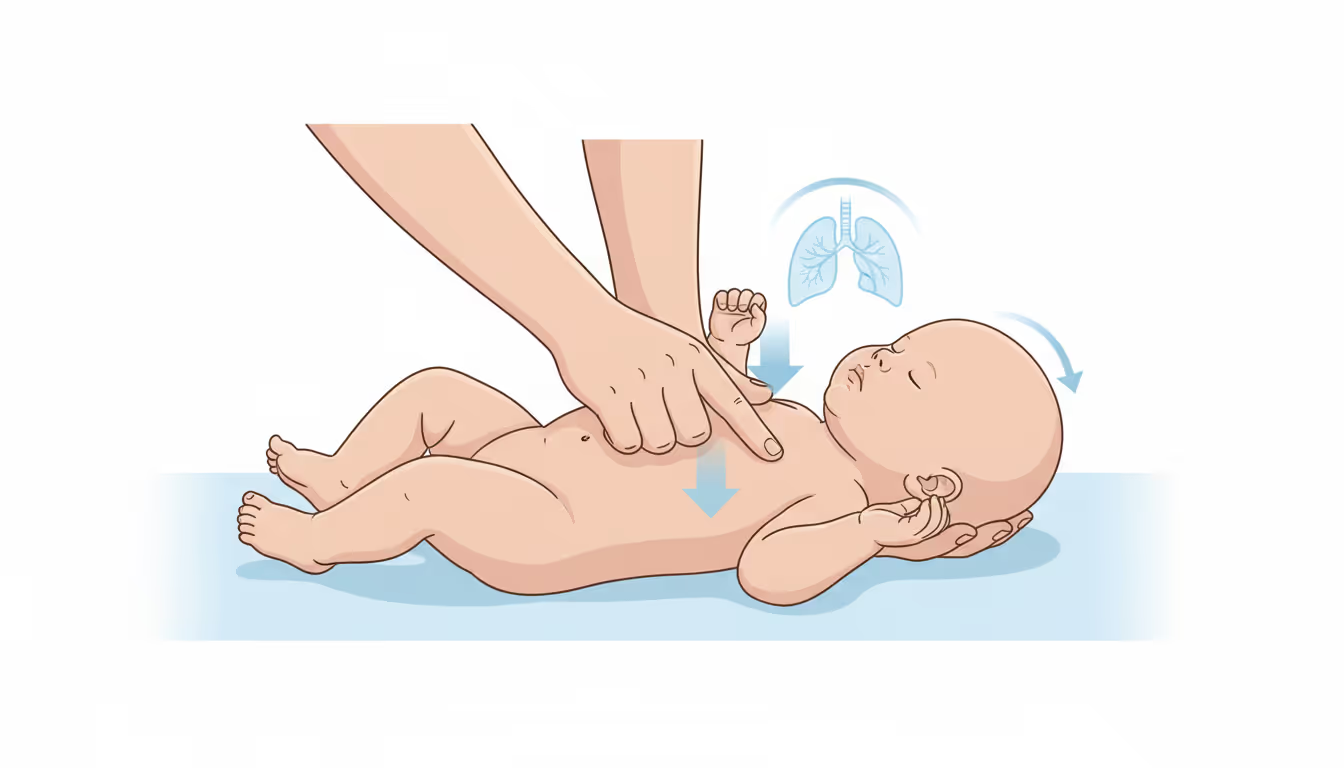
Breastfeeding involves nourishing a child with human breast milk. It's generally the preferred choice for all infants, including those who are premature or unwell, with few exceptions. Breast milk is the least likely to trigger allergic reactions, is cost-effective, and is available at any time. Babies tend to accept its taste easily, and the antibodies present in breast milk can help them fight off infections. The proteins, sugars (mainly lactose), and fats in breast milk are ideally suited for a human infant's needs. Additionally, the vitamins, enzymes, and minerals in breast milk support the baby's digestive system. Babies fed with breast milk tend to eat more frequently than those on formula because breast milk is digested faster, leading to an emptier stomach more often.The American Academy of Pediatrics advises that exclusive breastfeeding is the best option, supporting optimal growth and development for the first six months of life. They also recommend continuing breastfeeding for at least 12 months and longer if both the mother and child wish. Babies weaned before 12 months should not be given cow's milk but should instead receive iron-fortified infant formula. For further information, see: Breastfeeding practices and Breast milk.




